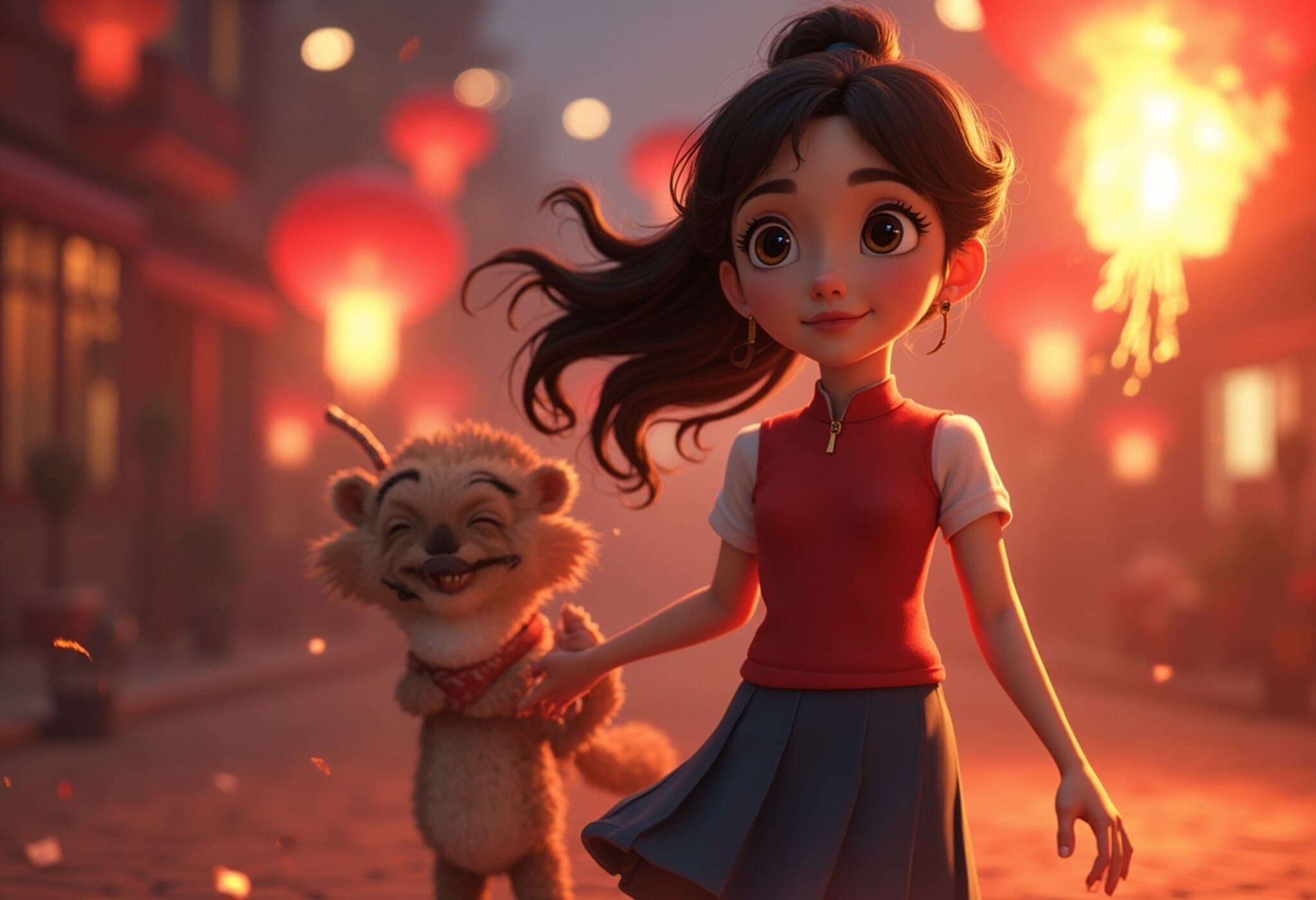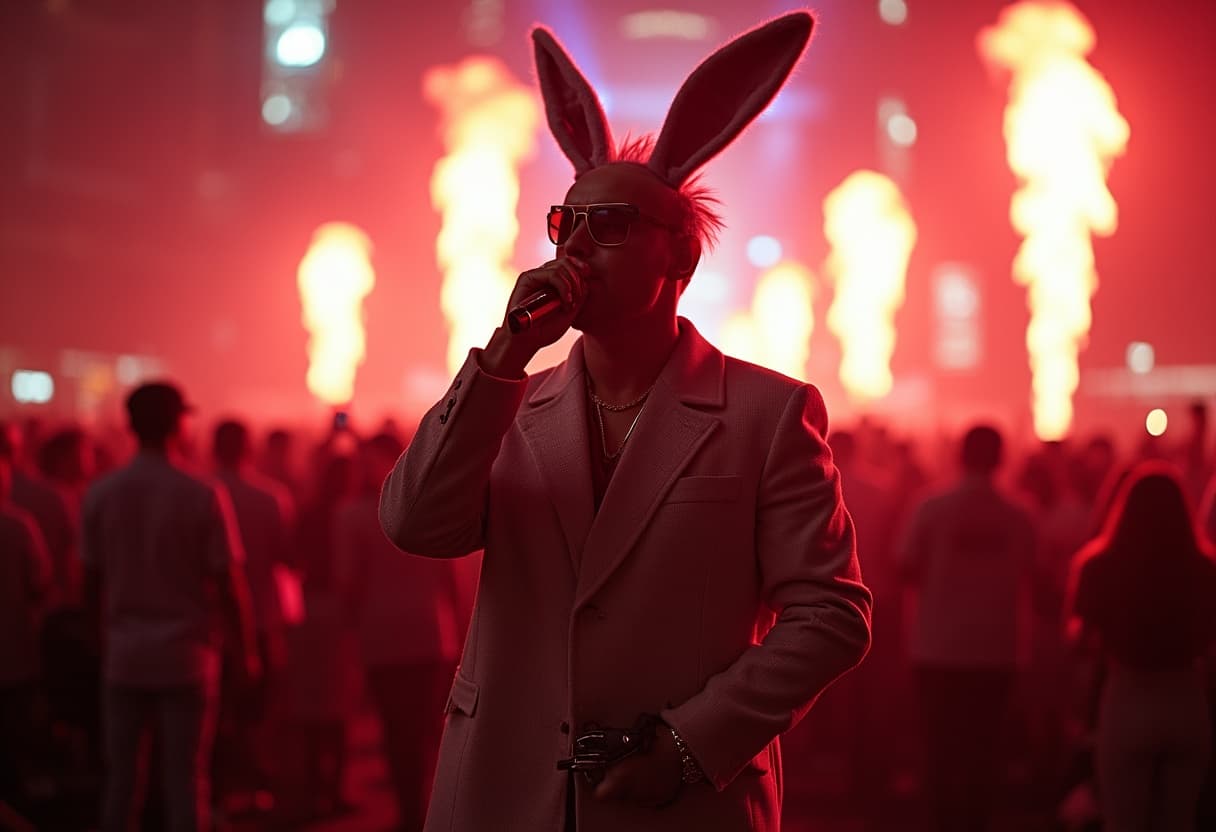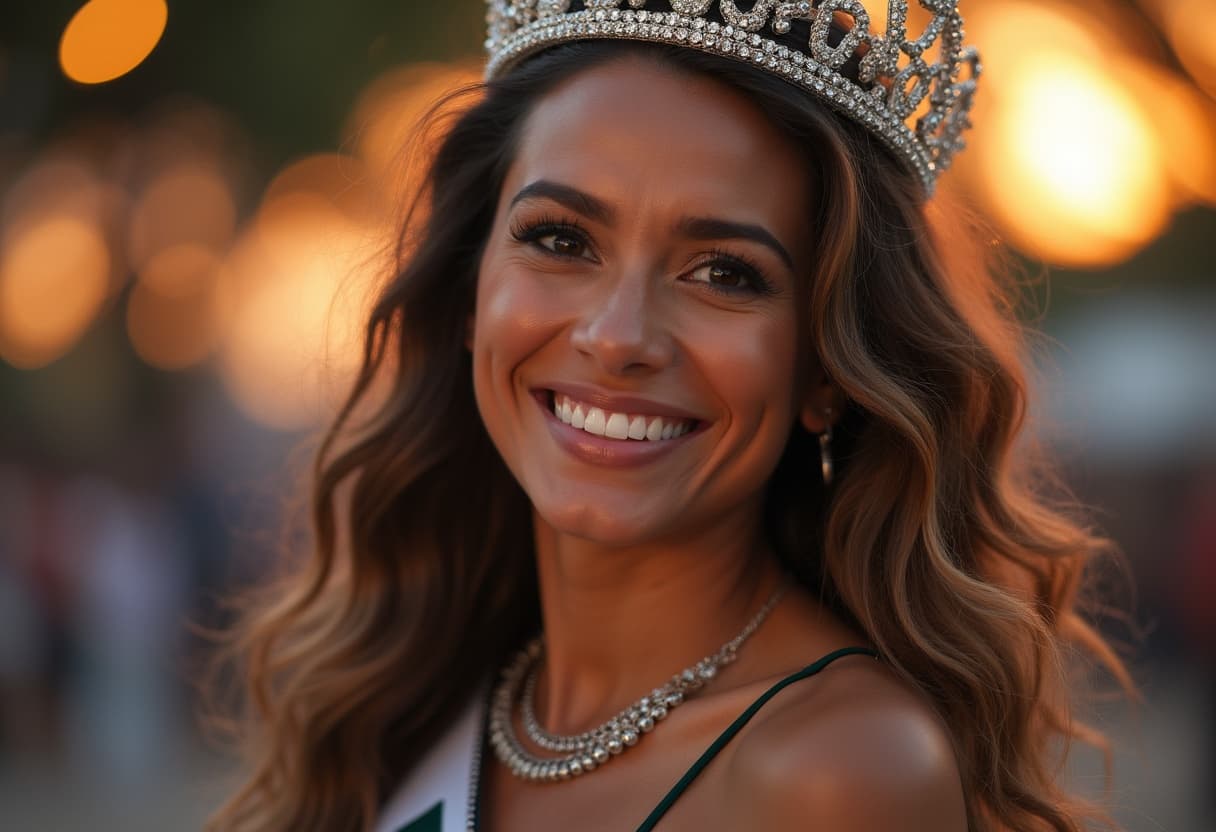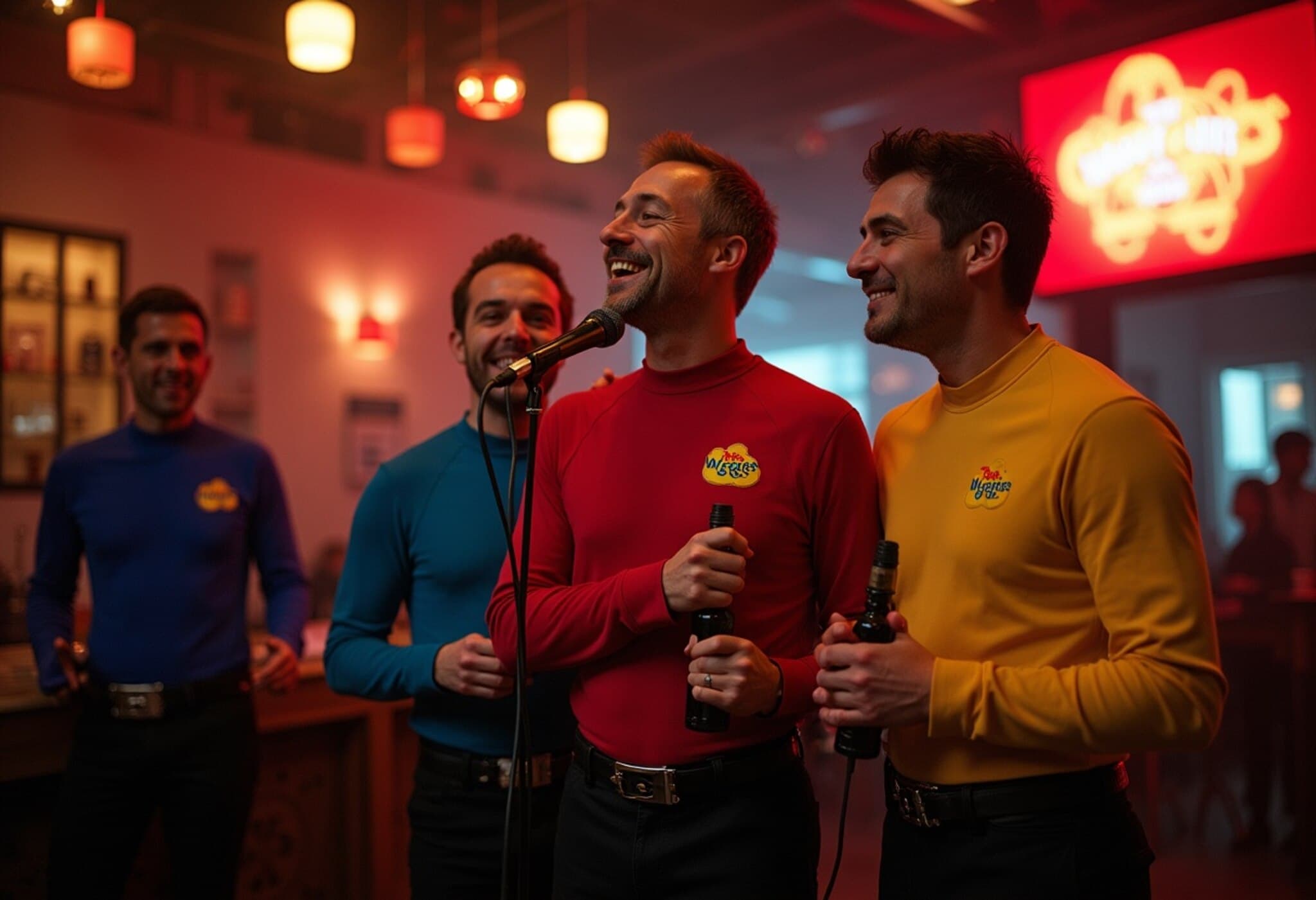Netflix’s Bold Goal to Outshine Disney in Family Animation
In 2020, Netflix’s then-CEO Reed Hastings boldly declared the streaming giant’s ambition to surpass Disney in the realm of family animated films. At first glance, this objective seemed daunting—Disney’s extensive legacy dates back to 1937’s groundbreaking Snow White and the Seven Dwarfs and has since delivered timeless classics like Cinderella, Alice in Wonderland, and Pixar’s revolutionary works such as Toy Story and Inside Out. The massive success of Frozen further entrenched Disney’s dominance, with its blockbuster box office returns, cultural ubiquity, and merchandise saturating global markets. Yet, now, Netflix appears to be closing in on this goal with an unexpected contender: KPop Demon Hunters, an innovative family-friendly animated musical adventure.
KPop Demon Hunters: A Cultural and Streaming Phenomenon
Released on June 20, KPop Demon Hunters follows a vibrant, world-famous K-pop group on a fantastical mission to save humanity from demons. Its unique blend of high-energy K-pop culture and captivating animation struck a chord worldwide. The results are staggering: naming it Netflix’s most-viewed animated film of all time and the platform’s second-most viewed movie ever with over 184 million streams since debut.
This triumph extends beyond the screen. The soundtrack, especially the hit single "Golden," dominated charts, claiming the top spot on the Billboard Hot 100—the first K-pop female-led track to do so—and reaching number one on the UK Singles Chart, echoing PSY’s landmark "Gangnam Style" thirteen years prior. Spotify data underscores this success, showing 46 million monthly listeners for the soundtrack and consistent leadership on the platform's global charts.
The Power of K-Pop’s Fan Culture and Viral Momentum
Unlike traditional blockbuster releases, KPop Demon Hunters leaned heavily on organic social media buzz rather than sprawling marketing campaigns. While other Netflix hits like Squid Game 3 benefited from expansive promotional tours, the film’s viral spread relied largely on the fervent K-pop community’s enthusiasm and creativity.
Bernie Cho, president of Korean artist services agency DFSB Kollective and music licensing consultant on the film, noted how the movie leveraged K-pop’s proven playbook of user-generated content, dance challenges, and meme culture. He remarked, “KPop Demon Hunters was art imitating life that was imitating art.” Fans and idols alike engaged deeply, producing countless YouTube shorts, covers, and remixes that amplified the film’s cultural footprint.
Expert Insights: What Netflix’s Breakthrough Means for Animation
Brandon Katz, Director of Insights and Content Strategy at Greenlight Analytics, calls KPop Demon Hunters Netflix’s “first real, organic, mega hit animated franchise.” This milestone is critical: it validates that Netflix can craft original IP with sustained fan engagement comparable to Disney’s iconic brands.
Netflix has already taken steps to cement this momentum, including upcoming sing-along theater events in the U.S. and U.K., an expansive merchandise lineup exceeding 180 products, and plans for sequels, short films, and even a stage musical. Katz emphasizes the importance of nurturing emotional connections with audiences to maximize a franchise’s commercial and cultural longevity.
The Broader Significance: A Potential Game-Changer in Family Entertainment
The triumph of KPop Demon Hunters invites broader reflection on how streaming platforms can disrupt entrenched entertainment hierarchies. It demonstrates that tapping into passionate global fandoms with authentic storytelling and interactive music experiences can create fresh avenues for growth beyond traditional Hollywood formulae.
Netflix’s journey here raises key questions about the future of animation and transmedia storytelling:
- Can Netflix develop sustainable franchises that consistently rival Disney’s decades-old legacy?
- How might the fusion of music cultures like K-pop reshape global family entertainment?
- What new marketing paradigms—centered on fan participation rather than traditional media spending—will define future hits?
As Hastings moves into his executive chairman role, the onus is now on Netflix’s creative and strategic teams to capitalize on this golden opportunity and prove whether KPop Demon Hunters is a rare spark or the dawn of Netflix’s animation empire.
Editor’s Note
KPop Demon Hunters stands as a testament to the evolving landscape of family entertainment, where cultural authenticity and fan engagement are paramount. Netflix’s ability to harness global pop phenomena like K-pop for storytelling marks a significant shift in animation’s power dynamics. Observers should watch closely how the company leverages this success to build lasting franchises amid intense competition from legacy studios.











